Ex-UK ambassador says Milosevic was "pro-US, anti-Russian"
A former British ambassador in Belgrade has commented on a proposal to erect a statue of Slobodan Milosevic in Serbia's capital.
Thursday, 05.04.2018.
16:11
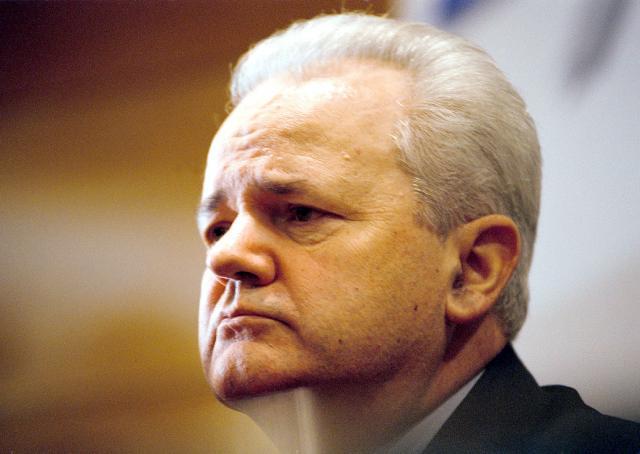
Ex-UK ambassador says Milosevic was "pro-US, anti-Russian"
To the West, Milosevic was a war criminal, while to many Serbs he was "not only that but also the man who oversaw a collapse in living standards, the isolation of Serbia and the loss of swaths of territory that had once been majority Serb," Roberts states."Honoring the man appears to make little sense. But a substantial proportion of Serbs now see him as a positive symbol of rejection of the west and the championing of Serbia’s national interests," he writes, and adds:
"I knew Milosevic better than most foreigners did – I met him many, many times during negotiations to end the war in Bosnia and prevent it in Kosovo – and there is no doubt the man had charm and charisma. But it would be hard for any objective analyst to say that the results he achieved for his country and the region deserved his immortalization in bronze. What’s going on?"
According to Roberts, there is now a division between "those who believe their best hope for peace and prosperity lies in joining the rules-based, international organizations of the European Union and NATO" - and "those who base their hopes on the pursuit of narrow national interest and a romantic interpretation of the past."
The latter group "bridles at the endless demands the EU makes on accession states, and prefers the elasticism of the Moscow model - governments headed by strong men, supported by more strong men, where the corruption is reasonably discreet and the people are kept stupified by a drip-feed of chauvinism."
"Understandably, Moscow has an interest in promoting the interests of this second group. Russia makes little secret of the fact that it will do what it takes to ensure the Orthodox Christian countries of former Yugoslavia do not join NATO but remain as a wedge between Greece and its NATO allies to the north. This is what lay behind the alleged attempt to assassinate Milo Djukanovic, former president and prime minister of Montenegro, to prevent him leading his little country into NATO in 2016; behind the equally crude attempts to prevent Zoran Zaev from taking power from the pro-Russian nationalists in Macedonia in 2017; and also behind the endless courting of Milorad Dodik, the nationalist president of the Serbian bit of Bosnia, Republika Srpska, who appears to spend more time in Moscow taking tea with Putin than in Banja Luka, his seat of government," writes the former diplomat.
Roberts then says that "Milosevic’s legacy value to Moscow" is that he is "perceived status as someone who stood up to the West" - and that this is the case "even though those who knew him understood that few Balkan politicians were as pro-American and anti-Russian as Milosevic."
"That is why a statue in the heart of Belgrade would be a poke in the eye to Serbia’s pro-EU forces and a rallying point for Moscow’s supporters. It is no surprise that the leading advocate of the statue is Serbia’s current foreign minister and former spokesman of Milosevic, Ivica Dacic, a notably Russophile member of the Serbian cabinet and a man his Russian counterpart saw fit, on a recent visit to Belgrade, to decorate with the Russian Order of Friendship. Dacic's response was a renewed commitment never to join in sanctions against Russia or to seek membership of NATO," Roberts continued.
He also observes that "by contrast to this warm, backslapping, no-strings bromance between Russia and Serbia" the West "appears scarcely present in the former Yugoslavia" and that the EU "does not appear to have any plan for the region, seemingly abandoning it to the warm embrace of Russia."
"When I served in Belgrade in the 1990s," Roberts writes, "we helped keep the flame of democracy alive during the region’s darkest hours precisely because we committed the necessary resources. Washington and London are making a mistake in abandoning this part of Europe and putting that earlier investment and those achievements at risk. It would be bizarre if a man who represents everything we were working to change was now, thanks to our neglect, immortalized in a bronze statue."














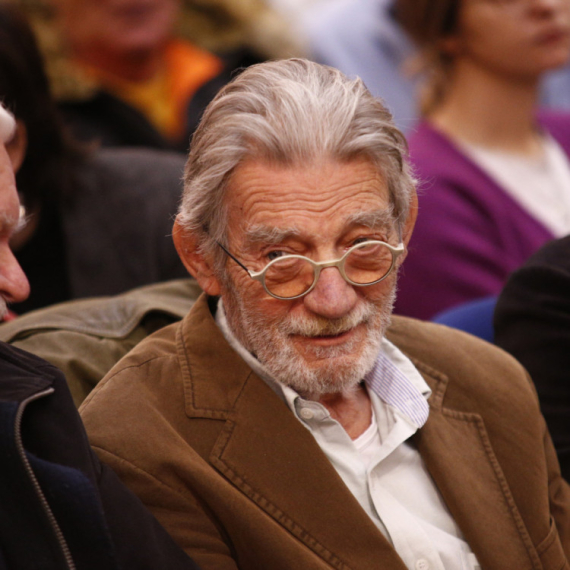
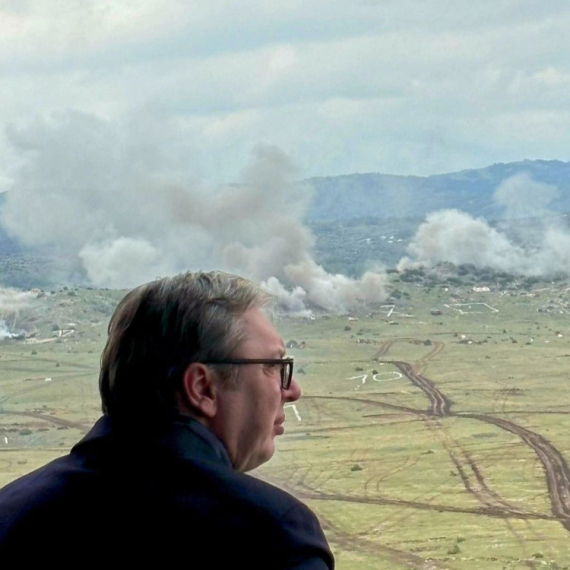
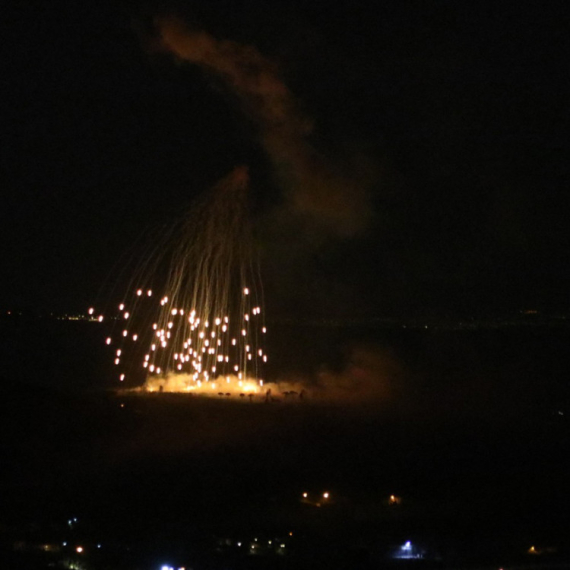
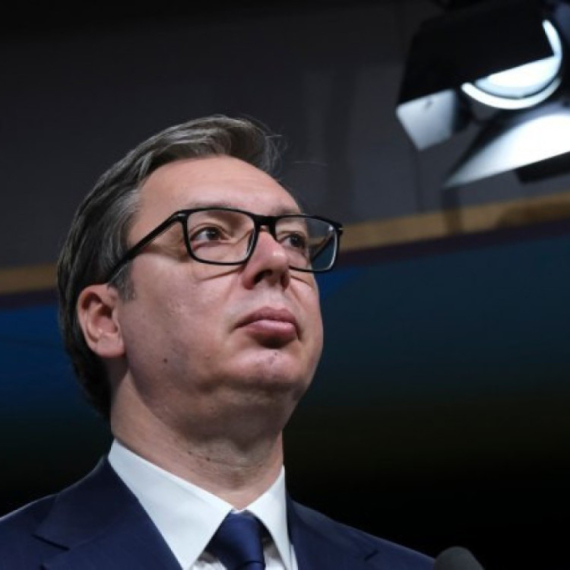
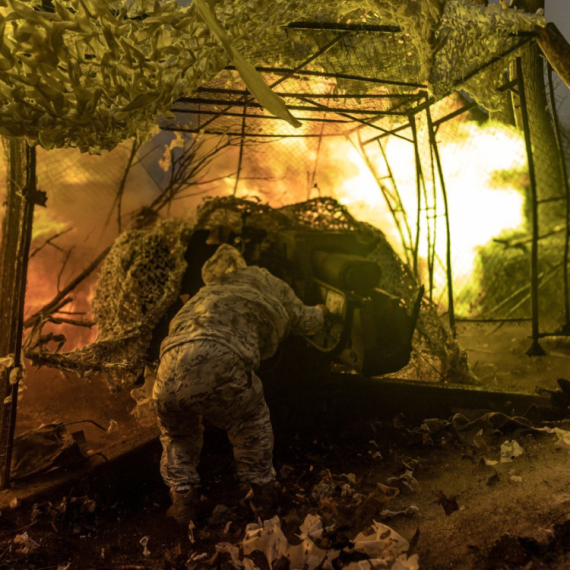

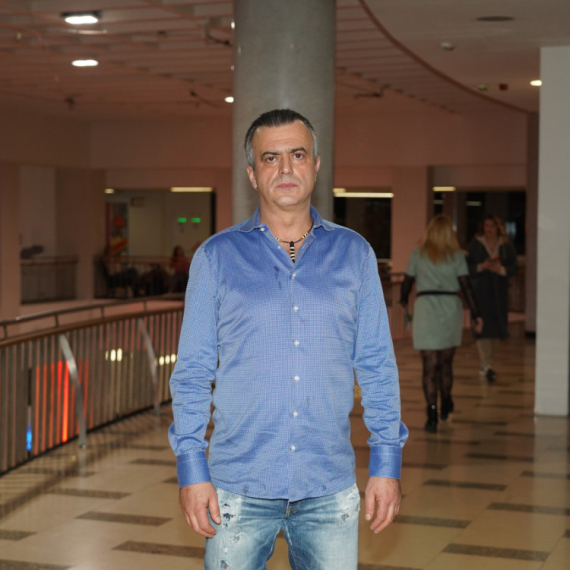

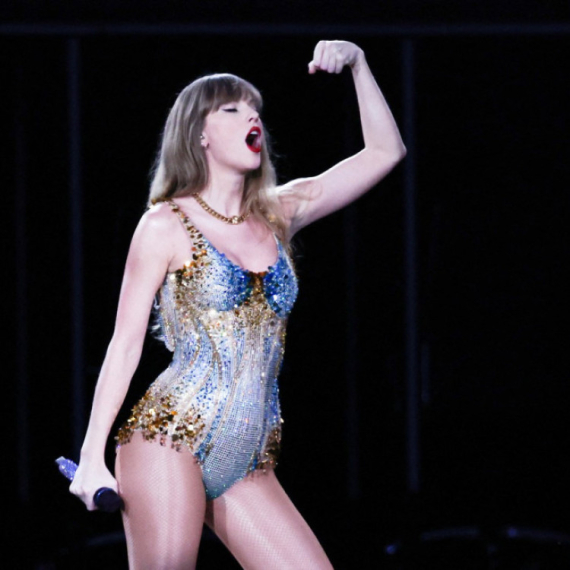
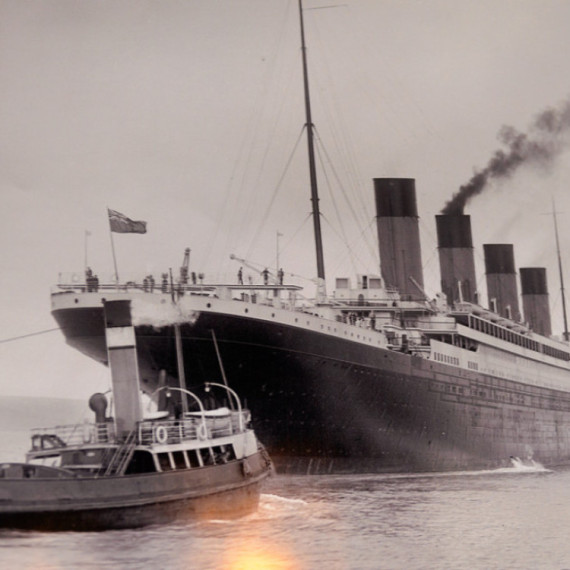


































Komentari 18
Pogledaj komentare